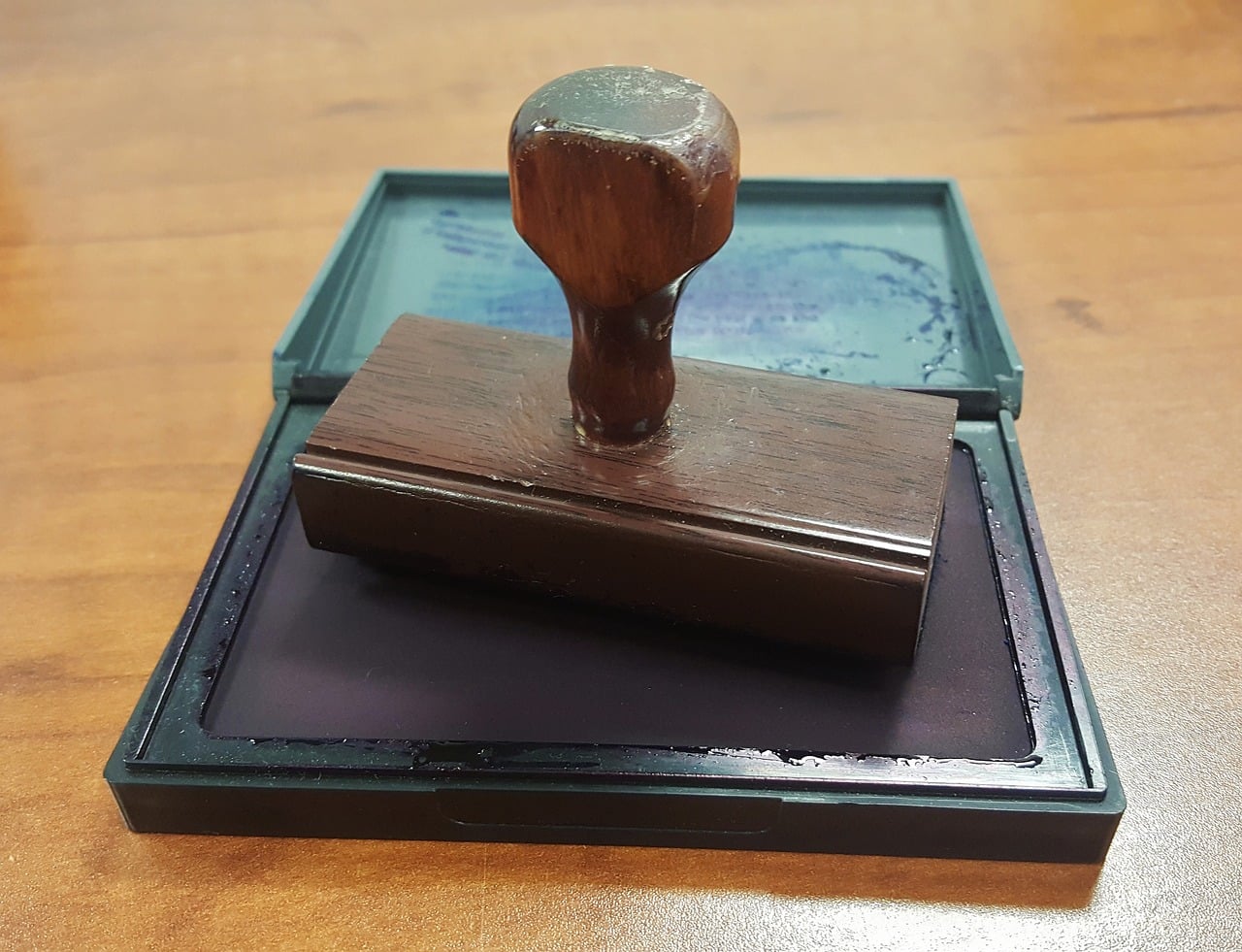
A notary is a public official who can authorize or serve as a witness in the execution of a contract or other extrajudicial act.
A notary is a public official who has the authorization to control and serve as a witness in the execution of contracts , wills and other extrajudicial acts. The notary - a term originating from the Latin notary - grants public status to private documents through his signature .
For example: “We have to find a notary to sign the deed” , “Gabriel was not satisfied with the notary's performance since he did not clearly explain the clauses of the contract” , “They cannot complain, since the notary has attested to everything signed.”
Function of the notary
What the notary does is function as a guarantee because he confirms the legality of the documents he controls, since he is a jurist authorized by law to grant guarantees to acts that arise in the field of private law .
When we talk about a notary we also have to make clear the four types of documents that the notary can produce:
- Ratification . It is the action through which said professional certifies that it is true and true whether it is a writing, an act or a word.
- Testimony . This term comes to define the full transcription that is made of a record.
- Notarial certification . It is the relationship made about a fact or act as well as the establishment that a specific document absolutely coincides with an original.
- Certified copy . As its name indicates, this term defines the complete or partial copy that is made of an act or any other type of writing.
It should be noted that notaries are also dedicated to advising the population on issues related to public records, wills and inheritances and safeguarding documents. Unlike lawyers (who defend the interests of their clients), notaries are obliged to maintain neutrality.
It should also be mentioned that the notary may not be a public official, since this issue depends on the legal system of each country. The function of the notary, in any case, is always public, even when he carries out his activity autonomously. Writings authorized by a notary, on the other hand, always have legal validity recognized by the State .

The role of the notary varies by country.
The concept in Spain and other countries
In the case of Spain, any person who wishes to become a notary has to meet a series of requirements such as having Spanish nationality or from a country in the European Union , being a minimum of 23 years old, not being incapacitated or disqualified from being able to perform the duties. functions corresponding to this job position and be in possession of a Bachelor's or Doctorate in Law degree.
Likewise, in that nation it must be emphasized that any notary has a double consideration. And in some cases he is considered as if he were a civil servant, since for example he accesses the position through an opposition competition, and in others as a self-employed worker. In this last aspect, it must be established that it is classified as such in terms of the Social Security regime or sick leave.
In some countries, such as Argentina and Uruguay , notarial work is carried out by a professional known as a notary public . The notary and the notary, therefore, fulfill the same functions.
